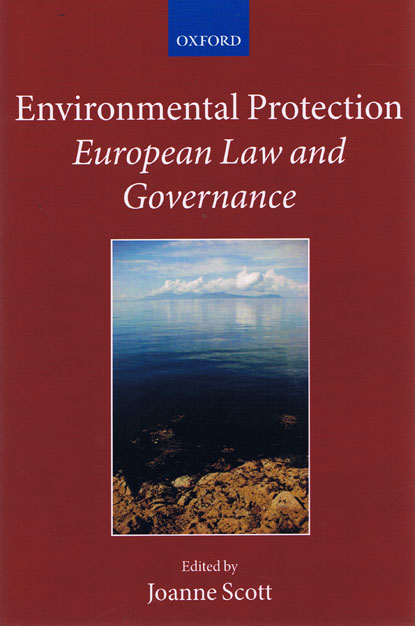
The EU has emerged as a major source of innovation in environmental governance. This is manifested through the frameworks it is putting in place for environmental governance, and through its position on the world stage for international environmental law. An institutional richness has developed which is sometimes daunting in its complexity but which offers much promise for the future. This volume seeks to give a taste of this, and of the challenges which face the EU in its sustainable development phase.
The volume opens with a broad historical overview of the evolution of EU environmental governance. This discussion characterizes the most recent phase as that of sustainable development, in which the political dynamic is one of destabilisation and the preferred instrument of decision-making, the reflexive framework directive.
There follows a series of case studies. Ranging from the general to the particular, these cover both the internal and external aspects of EU policy. These include recent key issues in EU environmental law and governance, such as the water framework directive, the new chemicals regime (REACH) and European responses to the challenge of climate change. These case studies engage with key issues in environmental law and governance, including environmental justice, the relationship between trade and environment, and participation in environmental decision-making.